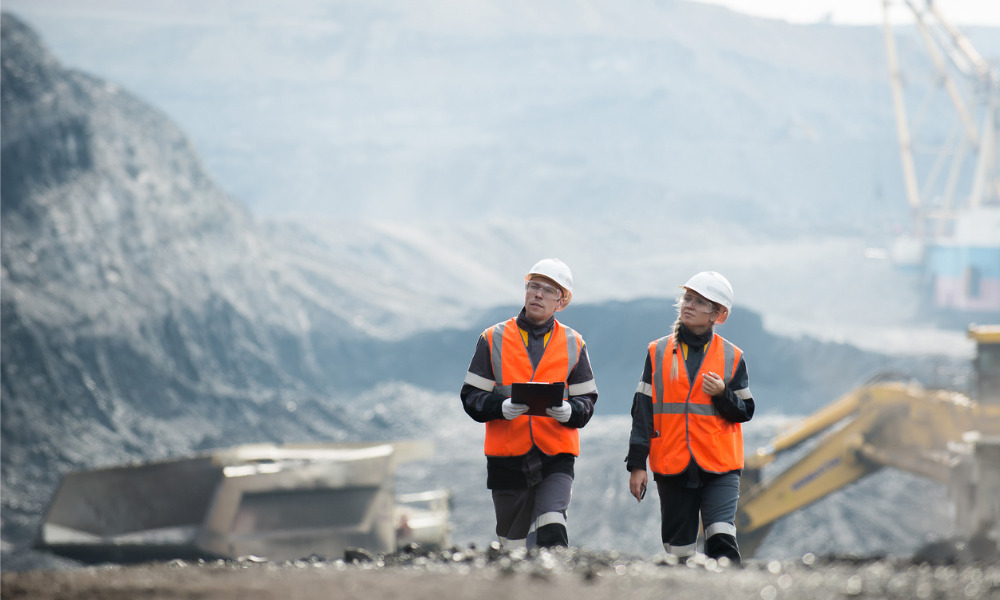
With Rio Tinto under review, Western Australian government bolsters efforts to protect workers

Widespread reports of sexual harassment and assaults have recently quaked the mining industry, pushing the Western Australian government to make a call to action for employers to ensure their workers are protected.
WA Premier McGowan said the state had invested in additional WorkSafe inspectors and increased funding to the Department of Mines, Industry and Regulation but added “companies must step up.”
The state’s urgency to address the allegations comes after a recent report commissioned by Rio Tinto, which included accounts from more than 20 women working for the company who experienced rape, attempted rape, or sexual assault during their employment.
In a report published by ABC News, the women said colleagues and managers “commented on their appearance, expressed gendered assumptions about their competence, and said that ‘they were only there’ because of positive discrimination.”
Some women also said they “feared telling management if they were pregnant,” experienced “obstacles to flexible workplace arrangements” and were “denied access to female bathroom facilities.”
They also reported “being left out of decisions and overlooked for progression,” “being asked to take notes, get coffee, or even do a colleague's washing.”
The report also highlighted that “racism and bullying were widespread in the industry.”
Rio Tinto Iron Ore chief executive Simon Trott said the report was "absolutely confronting," ABC News reported. "I think in tackling some of these challenges we have got to be really transparent and really open about where we are currently so that we can put in place changes that we need to make. We've got to make sure that these behaviours don't occur within our business," Trott said.
Trott said that individual cases “had been dealt with” and noted the company has also been focusing on the “root causes” through training and development programs.
Meanwhile, the chief executive of Australia's National Research Organisation for Women's Safety Padma Raman said people must be held accountable, "regardless of how high performing an individual is or where they sit in the company.”
Raman enumerated some initiatives that employers could introduce to ensure the better safety of their workers.
"Accountability for their actions, calling out bad behaviour, providing support for victims, providing a safe place and making perpetrators accountable for their actions," Raman said in the ABC News report.